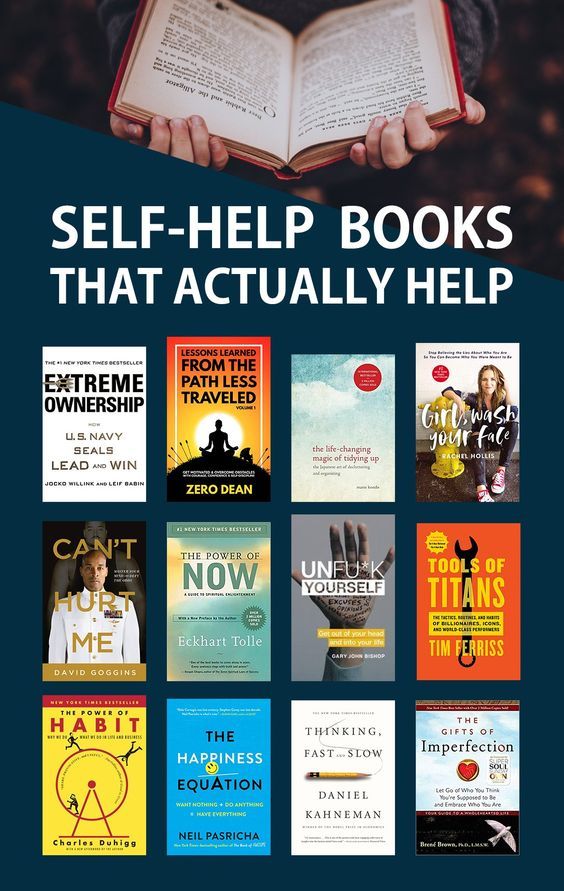Understanding the complexities of criminal justice can be a daunting task. With so many different perspectives and opinions on the subject, it can be hard to know where to start. Fortunately, there are a number of books that can help shed light on this important issue. Whether you are a student, a professional, or simply someone who is interested in learning more about the criminal justice system, these 20 books are sure to provide valuable insights.
The New Jim Crow: Mass Incarceration in the Age of Colorblindness by Michelle Alexander

Michelle Alexander explores the racial biases and inequalities within the criminal justice system, offering a compelling analysis of how mass incarceration has disproportionately affected communities of color.
Just Mercy: A Story of Justice and Redemption by Bryan Stevenson
Bryan Stevenson shares powerful stories of individuals who have been unfairly treated by the justice system, highlighting the importance of compassion and justice in the face of adversity.
Punishment and Inequality in America by Bruce Western
Bruce Western delves into the social and economic factors that contribute to disparities in the criminal justice system, offering a critical perspective on the root causes of inequality.
The Culture of Control: Crime and Social Order in Contemporary Society by David Garland
David Garland examines the ways in which society constructs ideas of crime and punishment, shedding light on the cultural factors that shape our understanding of criminal justice.
Are Prisons Obsolete? by Angela Y. Davis
Angela Y. Davis challenges the conventional wisdom surrounding incarceration, arguing for a radical reimagining of our approach to crime and punishment.
Locking Up Our Own: Crime and Punishment in Black America by James Forman Jr.
James Forman Jr. explores the complexities of criminal justice reform within African American communities, offering a nuanced look at the challenges of achieving racial justice.
Unfair: The New Science of Criminal Injustice by Adam Benforado
Adam Benforado delves into the psychological and cognitive biases that can lead to wrongful convictions and unjust outcomes in the criminal justice system.
The Collapse of American Criminal Justice by William J. Stuntz
William J. Stuntz examines the failures of the American criminal justice system, offering a critical analysis of the policies and practices that have led to widespread inequality and injustice.
Prisoners of Politics: Breaking the Cycle of Mass Incarceration by Rachel Elise Barkow
Rachel Elise Barkow provides a comprehensive overview of the political forces that drive mass incarceration, offering insights into how policy changes can help break the cycle of punishment and imprisonment.
Until We Reckon: Violence, Mass Incarceration, and a Road to Repair by Danielle Sered
Danielle Sered explores the intersection of violence, incarceration, and healing, offering a transformative approach to addressing the harms of the criminal justice system.
The Sun Does Shine: How I Found Life and Freedom on Death Row by Anthony Ray Hinton
Anthony Ray Hinton shares his harrowing experiences of wrongful conviction and incarceration, highlighting the resilience and hope that can emerge even in the darkest of circumstances.
Ordinary Injustice: How America Holds Court by Amy Bach
Amy Bach sheds light on the systemic flaws within the American court system, revealing the ways in which justice is often compromised in the pursuit of efficiency and expediency.
The Sixth Amendment by John Paul Stevens
John Paul Stevens provides a historical and legal analysis of the Sixth Amendment, offering insights into the rights of defendants and the principles of fair and impartial trials.
Blood in the Water: The Attica Prison Uprising of 1971 and Its Legacy by Heather Ann Thompson
Heather Ann Thompson delves into the events surrounding the Attica prison uprising, examining the legacy of the rebellion and its impact on the criminal justice system.
High-Risers: Cabrini-Green and the Fate of American Public Housing by Ben Austen
Ben Austen explores the history and impact of public housing policies in America, offering a critical look at the social and economic factors that contribute to patterns of crime and incarceration.
Charged: The New Movement to Transform American Prosecution and End Mass Incarceration by Emily Bazelon
Emily Bazelon examines the role of prosecutors in the criminal justice system, offering insights into the ways in which prosecutorial discretion can shape outcomes and perpetuate mass incarceration.
Lockdown America: Police and Prisons in the Age of Crisis by Christian Parenti
Christian Parenti provides a critical analysis of the militarization of law enforcement and the growth of the prison-industrial complex, highlighting the ways in which policing and incarceration have become entrenched in American society.
Caught: The Prison State and the Lockdown of American Politics by Marie Gottschalk
Marie Gottschalk explores the political and social forces that have contributed to the growth of mass incarceration in America, offering a comprehensive look at the policies and practices that have shaped the criminal justice system.
Locked In: The True Causes of Mass Incarceration and How to Achieve Real Reform by John F. Pfaff
John F. Pfaff challenges conventional wisdom on the causes of mass incarceration, offering a data-driven analysis of the systemic factors that have driven the growth of imprisonment in America.
These 20 books offer a diverse range of perspectives and insights into the complex and challenging issues surrounding criminal justice in America. Whether you are a student, a professional, or simply someone who is interested in learning more about this important topic, these books are sure to provide valuable information and stimulate thoughtful discussion.
